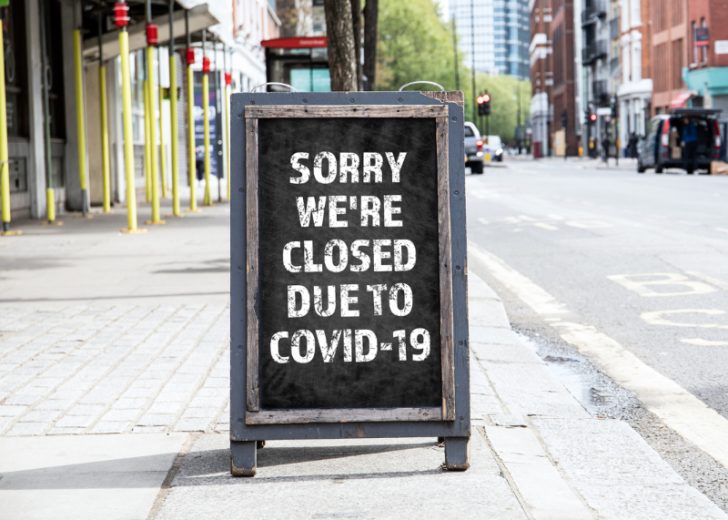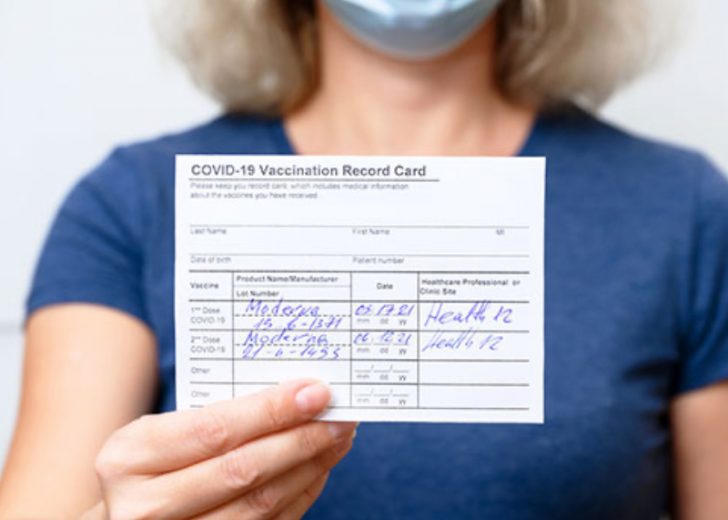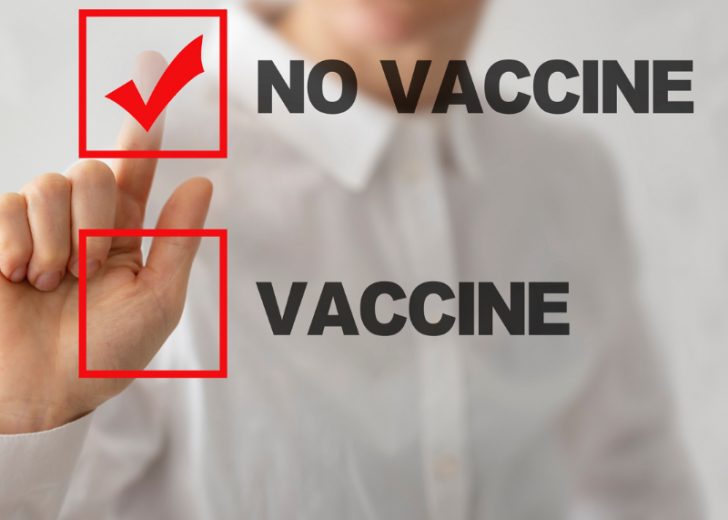The Covid-19 impact on the economy has been devastating and the pain caused on Main Street, is horrendous. While programs like Paycheck Protection Program and corporate equity commitments expand access to capital; innovative digital tools have also made an impact, vaccines are a key part of our country’s strategy to fully recover from Covid-19. Small business owners across America agree as over 3,000 of them found that 87% think it is important that their employees get vaccinated.

Unfortunately, many Americans are still hesitant, or refuse to get vaccinated, causing more Covid deaths in 2021 to surpass the 2020 toll besides hindering the reopening of communities. This is a pandemic of the unvaccinated. To address the public health crisis which created an economic crisis, the White House directed Occupational Safety and Health Administration (OSHA) to mandate vaccines for federal contractors, large businesses, and federal employees. Covid-19 and its variants are the greatest financial threat facing small business owners.
Most Small Employers exempted while others have implemented Mandates
The mandate requires employees in businesses exceeding 100 workers to be vaccinated and will not apply to a majority of small businesses. The U.S. Census Bureau reports that 98.1% of U.S. businesses have less than 100 people and those with less than 10 employees, account for 78.4%. Businesses that implement the vaccine mandate are federal contractors who already meet stringent requirements. It’s about saving lives. Since then, 99% of its 67,000-person workforce has complied. Along with United, more than 3,500 organizations already required vaccinations and did so before the White House requirements. Deloitte mandated all employees entering its facilities be fully vaccinated by October 11. Even Fox News, expressing skepticism towards mandates, requires employees to be vaccinated. Many more will issue mandates before President Biden’s vaccination requirements are made effective.
Vaccine Mandates Are Working

Vaccination requirements result in more people vaccinated as vaccination rates were enhanced over 20% in most organizations across various sectors. Tyson Foods have mandated for employees in August, giving time until November 1, to be vaccinated. Over 90% of its workforce is vaccinated. Rutgers University got 99% of its 71,000 students vaccinated or in compliance. Recently the White House reported how vaccination requirements boosted vaccination rates, with over 186 million people fully vaccinated. Small business owners play a critical role in vaccinating their employees and in their communities. Small business is the most trusted institution in the United States and small business owners, in particular, business owners of color, are a trusted voice to their workers and their communities. They should consider being leaders for their employees, assist vaccine promotion and distribution in their communities. If more people vaccinated, more people move back to work and strengthen the economy.
Small Businesses can Implement Vaccine Mandates and be Vaccine Leaders

The White House reports that higher vaccination rates help return about 5 million workers back to the workforce while higher vaccination rates boost consumer demand and expenditure. A survey by the Arizona State University’s College of Health Solutions found that 93% of 1,143 U.S. employers require employee vaccinations. Business owners and employees considering mandatory vaccines should continue a transparent approach, across the entire workforce, offer incentives before taking action, incorporate thoughtful messages and messengers besides allowing plenty of time to be vaccinated.




